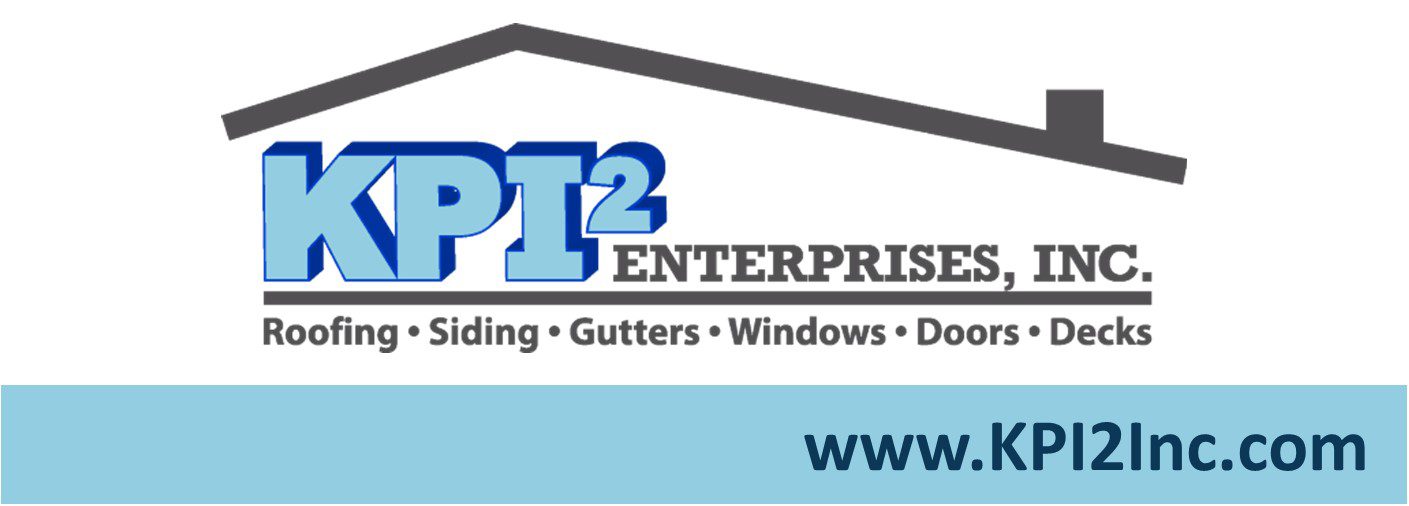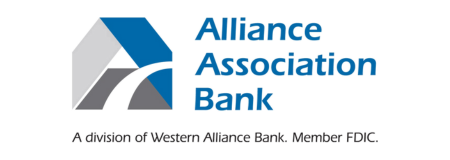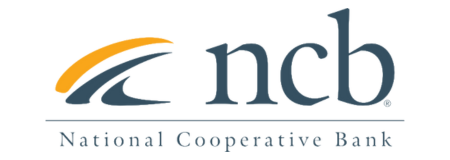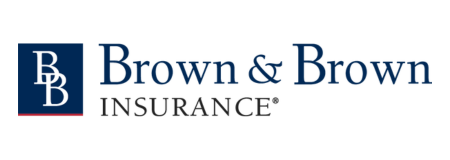SPONSORED CONTENT
Why am I being bothered by all of this talk about the Corporate Transparency Act?
The Corporate Transparency Act (the “CTA”) requires most entities formed or registered to do business in the U.S. to file with the federal government what is called a “Beneficial Ownership Information Report,” disclosing, at a high level, identifying information about the entity, its beneficial owners (which term includes not only true “owners” in the traditional sense of the term but also anyone exercising “substantial control” over the entity) and, in the case of entities formed/registered on or after January 1, 2024, its company applicant(s) (i.e. the person who forms the identity, along with the person primarily responsible for directing or controlling such formation). The law also requires entities to file updated reports with FinCEN within 30 days of changes to previously reported information occurring (e.g. a beneficial owner’s address changes, a beneficial owner is replaced, etc.).
Beneficial Owners – the Substance of the CTA
Typically, the most important and most difficult question to answer for any particular entity is “Who are its beneficial owners?” Stated simply, every individual that either directly or indirectly owns or controls 25%+ of the entity, or directly or indirectly exercises substantial control over the entity, is a beneficial owner. The second prong (substantial control parties) is usually the most difficult to determine, although FinCEN has given us some guidance when it comes to determining the scope of the term “substantial control.” Anyone falling into one or more of the following categories would be considered a substantial control party, and thus a beneficial owner: (i) any senior officer (e.g. CEO, CFO, general counsel, etc.), (ii) any individual with authority to appoint or remove certain officers or a majority of the board of directors (or similar body), (iii) any individual that is an important decision maker for the entity (“important” decisions being those about the entity’s business, finances or structure), or (iv) any individual exercising any other form of substantial control. Prong (iv) seemingly takes all of the meaning out of the previous ones, as it is an undefined and circular catch-all, but prongs (i)-(iii) can still be helpful guideposts when making what is inevitably a subjective decision as to whether an individual is a substantial control party.
In the context of your association, you might be thinking by now: “How in the world are we supposed to decide who within the association is a beneficial owner?” There is certainly no hard and fast rule, but for some anecdotal data, virtually all of the associations and association management companies we have spoken with are choosing to include each of their respective association’s board members as beneficial owners, and no one else. That decision is ultimately up to each association, but I urge you not to stress too much over making this determination, because of how Congress worded the CTA’s noncompliance provisions.
What Happens if I Don’t Comply?
There is good news and bad news when it comes to noncompliance under the CTA.
The bad news? The penalties for noncompliance are stiff, to say the least, and include civil monetary penalties of up to $591 per day (to be continuously indexed to inflation) that noncompliance continues, and criminal penalties of up to 2 years’ imprisonment and fines of up to $10,000.
The good news? Only those who willfully provide (or attempt to provide) false or fraudulent information, and those who willfully fail to initially report or fail to timely file updated reports, are susceptible to punishment for noncompliance. The term “willfully” within the context of the CTA is explicitly defined as “the voluntary, intentional violation of a known legal duty.”
The result is that so long as you are making a good faith effort to comply, your risk of incurring monetary or criminal penalties under the CTA is exceedingly low. It is those that consciously choose to ignore the filing requirements that are at, by far, the greatest risk of incurring civil fines and potentially criminal penalties.
ABOUT THE AUTHOR
Paul Formella, JD is the co-founder of Perfect Form, a full-suite corporate services company. He received his Juris Doctorate from the University of Chicago Law School.
Perfect Form’s main area of focus is its Corporate Transparency Act compliance service. Perfect Form assists individuals, businesses, and other organizations of all sizes with getting and remaining compliant under the CTA, from helping to confirm the information you will need to gather, to completing and filing your BOI Reports on your behalf, to ensuring your entity remains in compliance by filing all updated BOI Reports on your behalf. Perfect Form’s service includes ongoing access to your secure customized client portal, where your entities and their information are kept organized and protected and can be easily updated for ongoing compliance purposes.
Pricing is simple and straightforward – $150 from beginning to end to get your entity compliant, and $50 per year to keep it compliant. There are no platform, onboarding, or other miscellaneous fees.
If you are interested in engaging Perfect Form’s services, at no additional charge they are also happy to help you craft a cover letter to your board members notifying them of this new federal law, and explaining what it means and what they have to do to ensure the entity’s compliance.
You can reach Paul at: 980.231.0232, email: paul@perfectform.com, or visit Perfect Form on the web at: www.perfectform.com.
SPONSORED CONTENT
